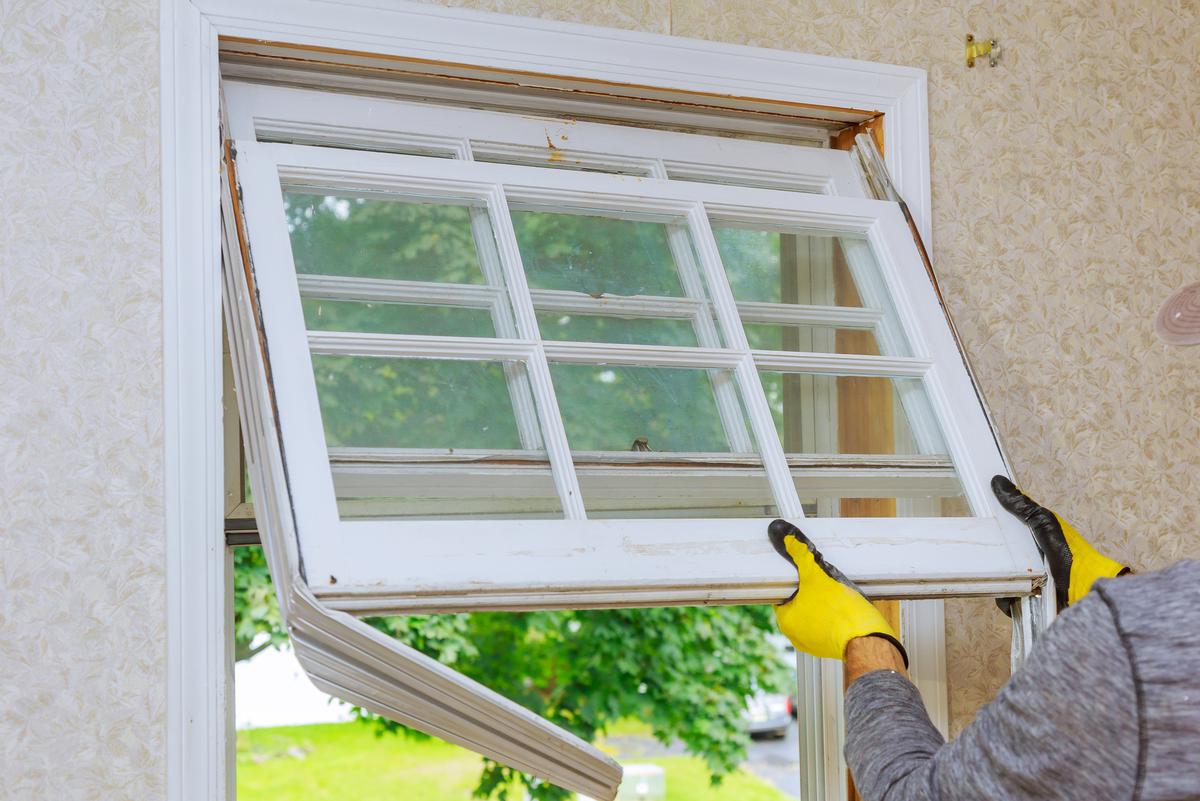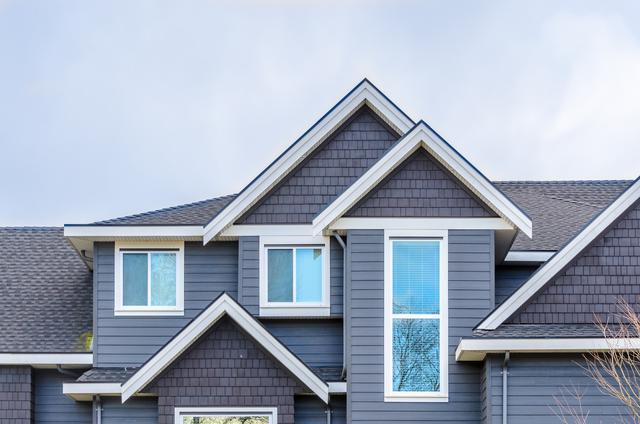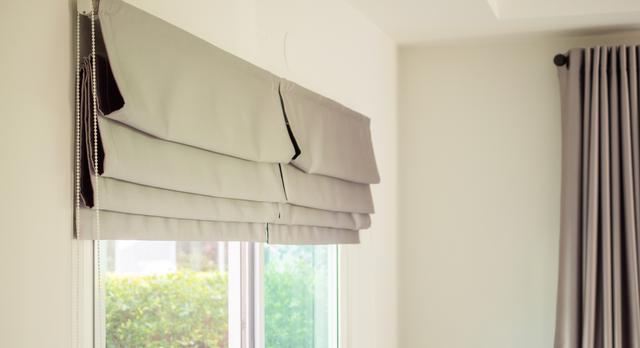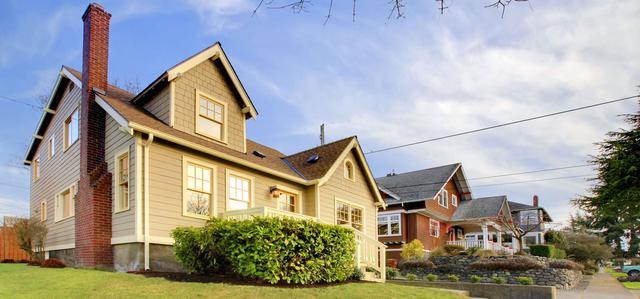Are your windows old, damaged, or simply outdated? Replacing your home’s windows can bring a host of benefits, including increased energy efficiency, improved curb appeal, and better noise reduction. However, before diving into a window replacement project, there are a few things you should consider.
Window Materials
The first thing to consider when replacing windows is the material they’re made of. The most common options include vinyl, wood, fiberglass, and aluminum. Each material has its own set of advantages and disadvantages, so it’s important to understand the differences before making a decision.
Vinyl windows are often the most affordable and require minimal maintenance. They’re also highly energy efficient and can last for several decades. Wood windows offer a classic, timeless look that many homeowners love. However, they require regular maintenance and can be more expensive than vinyl. Fiberglass windows are incredibly durable and energy-efficient, but they’re often more expensive than other options. Finally, aluminum windows are strong and durable, but they’re not as energy-efficient as other materials.
Window Style
The style of your new windows is another important factor to consider. The right style can enhance your home’s overall aesthetic and improve its functionality. There are several window styles to choose from, including double-hung, casement, awning, sliding, and bay windows.
Double-hung windows are the most common and versatile window style. They feature two sashes that slide up and down, making them easy to clean and suitable for most rooms. Casement windows are hinged on the side and open outward, providing maximum ventilation and a clear view. Awning windows are similar to casement windows but are hinged at the top and open outward. Sliding windows feature a movable sash that slides horizontally, making them perfect for rooms with limited space. Finally, bay windows consist of three windows joined together to create a larger viewing area.
Installation and Cost
The final factor to consider when replacing windows is the installation process and cost. Window installation can be a complex process that requires careful planning and attention to detail. It’s best to hire a professional contractor who has experience in window replacement. They can ensure that the windows are installed correctly and according to local building codes.
The cost of window replacement can vary depending on several factors, including the size of the windows, the material, and the installation process. On average, homeowners can expect to spend between $300 and $1,000 per window, including installation.
Replacing your home’s windows can be a worthwhile investment that can improve energy efficiency, increase curb appeal, and boost your home’s value. Before starting your project, be sure to consider the material, style, installation process, and cost of your new windows. By doing so, you’ll be able to make an informed decision and enjoy the benefits of your new windows for years to come.






comments